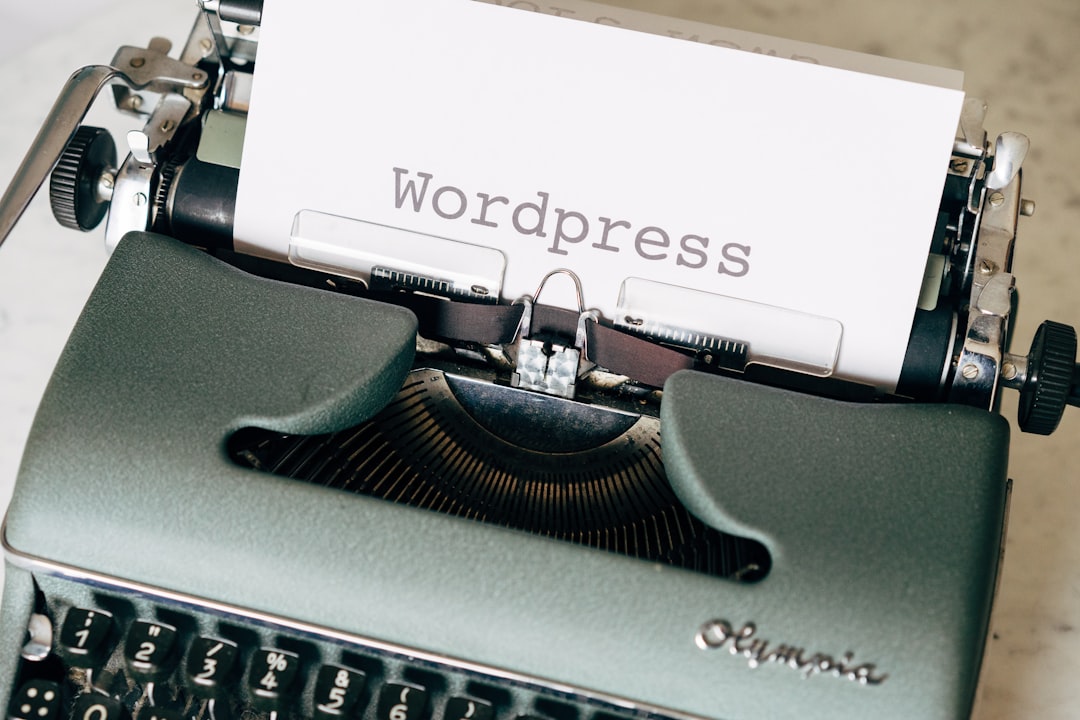As artificial intelligence (AI) becomes more integral to digital marketing, its application in search engine optimization (SEO) for law firms presents both significant opportunities and complex ethical challenges. AI tools can streamline content creation, optimize keywords, analyze competitor strategies, and enhance website performance. However, due to the sensitive and regulated nature of the legal industry, using AI in SEO must be approached carefully to maintain public trust, professional responsibility, and compliance with legal ethics.
AI in Legal SEO: The Power and Risks
AI-driven SEO can offer a competitive edge by quickly producing data-backed content and automating administrative tasks. For law firms, this can mean increased visibility in local search results, improved website rankings, and more consistent content output. But with these benefits come a host of ethical considerations that firms must weigh before integrating AI into their digital marketing strategies.

1. Accuracy and Misinformation
One of the foremost ethical issues is the risk of spreading misinformation or offering inaccurate legal content. AI tools might generate blog posts, FAQs, or landing page content that resembles accurate legal advice but lacks the nuance or jurisdiction-specific detail required in practice.
Legal professionals have a duty to provide accurate, reliable information. Misleading content not only harms public understanding but can also expose the firm to ethical violations or liability.
2. Unauthorized Practice of Law (UPL)
There is a fine line between general legal information and legal advice. AI-generated content may inadvertently cross that line, especially when highly specific queries are involved. If content implies a client-attorney relationship or offers solutions to precise legal problems, it might be construed as the unauthorized practice of law.
Maintaining disclaimers and clearly identifying AI-written content as informational is crucial. Law firms must work closely with their IT and compliance teams to ensure AI-generated material meets ethical and professional standards.
3. Transparency and Disclosure
Many consumers expect transparency from their legal service providers. When a law firm employs AI to generate website content or automate client communications, there’s an ethical imperative to disclose its use.
Clients have the right to know if they’re engaging with AI-generated materials or automated chatbots rather than a licensed attorney, particularly during initial consultations or engagements that could affect their legal decisions.

4. Data Privacy and Confidentiality
Responsible SEO often involves analyzing visitor data, which can sometimes include sensitive or personally identifiable information. Law firms must uphold higher standards for safeguarding privacy and confidentiality, especially when using AI tools that rely on third-party platforms.
When integrating AI, ensuring data security, compliance with privacy laws like GDPR or CCPA, and strictly avoiding usage of client data in training AI models is essential.
5. Bias and Ethical AI Training
Many AI tools are trained on publicly available web data, which can contain historical biases or inaccuracies. Law-related content generated by such tools might inadvertently reflect those biases, creating unintentional disparities in the representation of certain races, genders, or socioeconomic groups.
To ethically use AI for SEO, law firms should regularly audit both content and the tools themselves to mitigate unintended bias and ensure inclusion and fairness.
6. Professional Reputation and Brand Integrity
The tone and quality of content reflect a law firm’s credibility. Over-reliance on AI-generated articles or keyword-stuffed blogs may harm a firm’s professional image. It’s important to balance AI efficiency with human oversight to maintain authenticity and uphold the firm’s values.
Conclusion
AI in SEO presents a transformative opportunity for law firms, offering heightened efficiency, broader reach, and data-driven strategies. Yet, ethical considerations such as accuracy, client transparency, and data security must remain paramount. The most successful firms will likely be those that leverage AI without compromising on their legal responsibilities and ethical standards.
Frequently Asked Questions (FAQ)
- Is it ethical to use AI to write legal blog posts?
Yes, as long as the content is factual, clearly labeled as informational, and reviewed by a licensed attorney before publishing. - Can AI replace human involvement in legal SEO?
No. AI should be used to augment human efforts—not replace them. Legal professionals must review and approve any AI-generated materials. - Do law firms have to disclose AI use in their websites?
While not legally required in all cases, transparency builds trust. Disclosure is recommended, especially in client-facing tools like chatbots or intake forms. - How can firms prevent AI from offering legal advice?
Firms should use limited scopes for content generation, include prominent disclaimers, and configure AI tools to avoid offering advice. - What are the risks of AI-generated misinformation?
Misinformation can lead to client misunderstanding, ethical violations, or even legal liability. Rigorous content review is essential.
